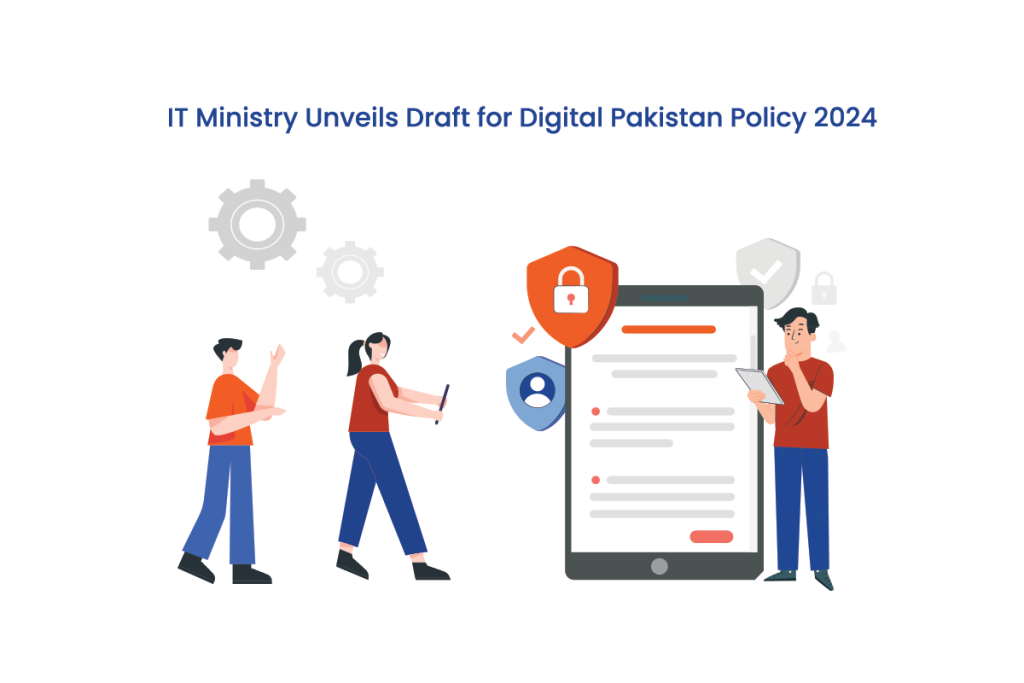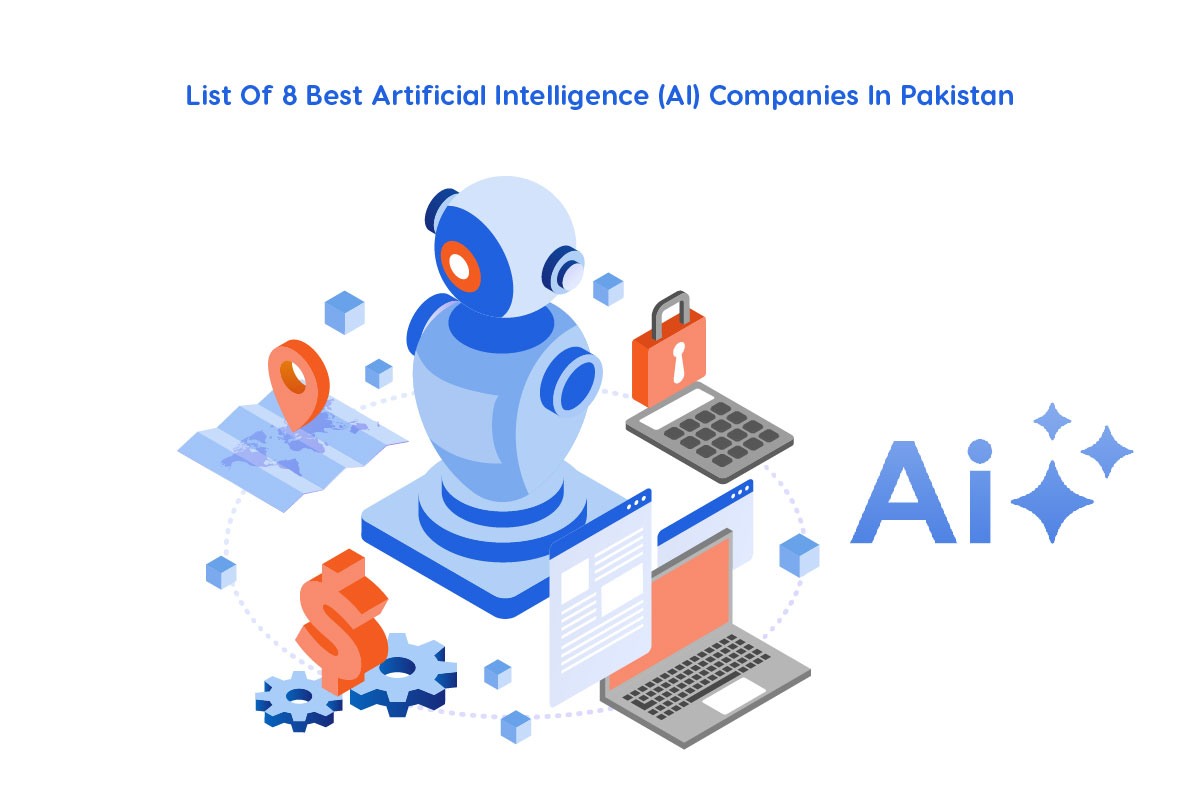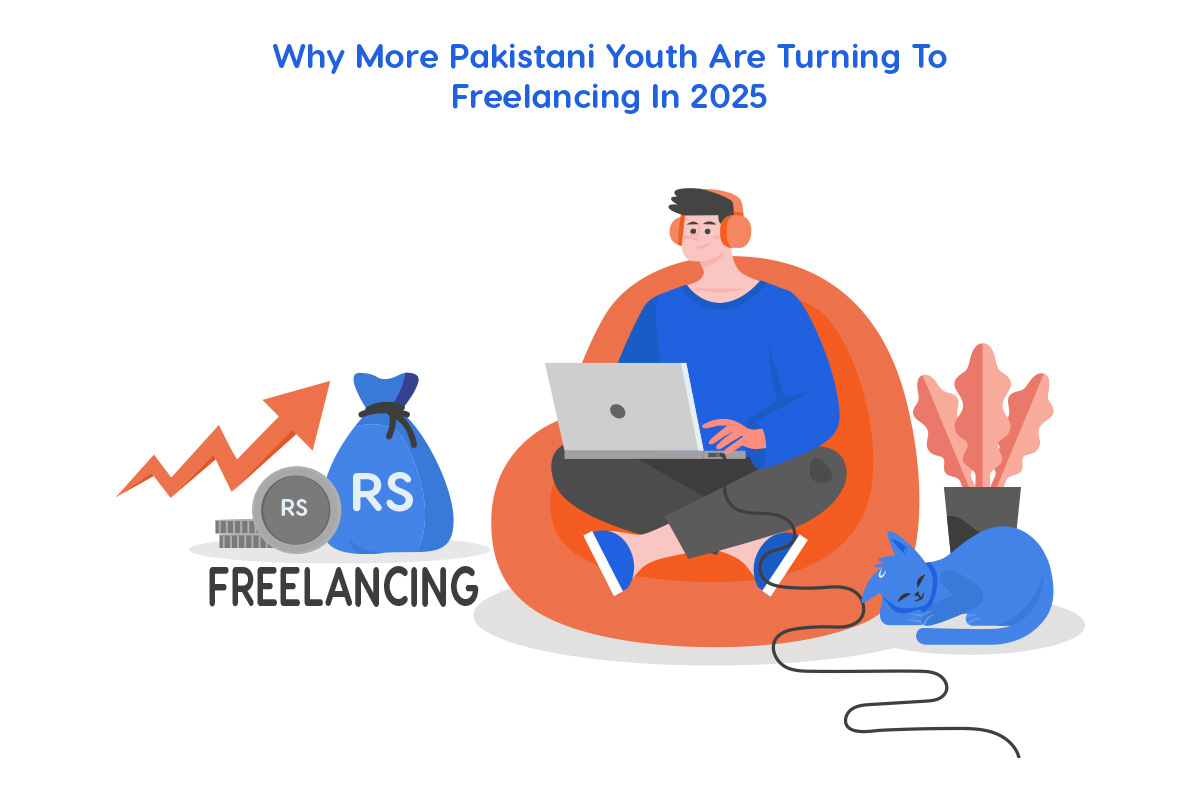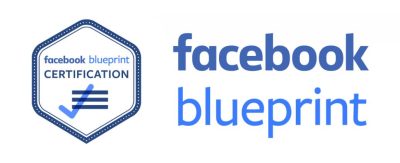The government of Pakistan (GOP) desires to improve its citizen’s quality of life and economic well-being by ensuring the availability of accessible, affordable, universal, reliable, and high-quality ICT services. GOP strongly believes in the mass adoption of emerging digital technologies and innovative applications to enable cross-sector socioeconomic development and transformation of governance models, economic activities, social interaction, and achievement of sustainable development goals. The vision with regard to the Digital Pakistan Policy is to become a strategic enabler for an accelerated digitization ecosystem to expand the knowledge-based economy and stimulate socio-economic growth. In this research article, our Tashheer research team compiled all the details related the draft of digital Pakistan policy 2024 which our IT ministry revealed.
Significance of Digital Transformation in Pakistan
Pakistan which has about 60% of its 200 million population in the 15 to 29 age group, describes an enormous human and knowledge capital. Pakistan has more than 2000 IT companies and this number is growing every year. Learn more about the Top 8 SaaS Companies in Pakistan Driving Transformation in Digital Landscape. Pakistan has more than 300,000 English speaking IT professionals with expertise in present IT products and techniques. More than 20,000 IT graduates and engineers are being produced each year in Pakistan. The government of Pakistan (GOP) continues to facilitate the IT industry through multiple sustainable development and accelerated digitization projects, software technology parks, research and innovation, subsidized bandwidth, international marketing, international certifications, internships, and training. Incentives to support growth include 100% equity ownership, 100% repatriation of capital/dividends, tax exemption on IT & ITeS export revenues, tax exemptions to startups, and subsidized Latest Software Technology Parks. The GOP has a holistic strategy for positioning Pakistan on the global outsourcing map, participating in international forums, organizing domestic conferences, scaling software technology parks and facilitating certification (ISO 27001 and CMMI) programs.

Review of the 2018 Digital Pakistan Policy
The 2018 Digital Pakistan Policy was an ambitious plan to transform Pakistan into a digital economy. Government of Pakistan (GOP) has a comprehensive strategy to position Pakistan on the global outsourcing map through international participation, domestic conferences, expanding software technology parks, and supporting certification programs like ISO 27001 and CMMI. Due to the increasing IT demand and growth, it is essential to update the Digital Pakistan Policy to reflect its evolving role in socio-economic development, accelerated digitization, and the move towards a knowledge-based economy. Dive deeper into discussions on The Future of Tech Jobs in Pakistan to explore related insights. The Ministry of IT & Telecom (MoIT) has created this policy with input from multiple stakeholders. Digital Pakistan Policy 2018 mainly focuses on Legislation (e-commerce framework, digital signatures, and e-governance reforms), Infrastructure Development (Software Technology Parks (STPs) and National Technology Incubation Centers), Local Languages Content Development, Human Resource Development, Entrepreneurship, R&I, and Freelancing in IT.
Objectives of the Digital Pakistan Policy 2024
Need for an Updated Policy to Address Current and Future Challenges
In Pakistan, there is a need for an updated policy to address present challenges faced by the government and local people. Youth and women make up 60% and 49% of the population, respectively. Equal access to ICTs for women and girls can reduce inequalities and support gender equality which enhances productivity and access to health, education and social participation. Specific ICT programs for girls will provide quality computer training, reduce inequalities and promote economic growth in line with SDGs.
Updated policy benefits are increasing software exports, IT remittances, and the Domestic Market. The success of the freelance sector and IT industry, the ability of Pakistani IT professionals to win international awards, and the availability of a large, highly qualified English-speaking workforce point to a huge potential for growing software exports and outsourcing opportunities, expanding the domestic Market.
It can also bridge the digital divide including the urban and rural divide, underserved and unserved areas, gender disparity, and inequality for persons with disabilities, by connecting the unconnected with broadband. It can promote e-governance to make Pakistan a competitor in good governance through IT enablement at all levels. it can also ensure transparency, efficiency and accountability by setting up integrated government databases.
Key Features of the Digital Pakistan Policy 2024
Key features of the new policy may include:
- Strategies for the overall adoption of AI and machine learning across various sectors.
- The implementation of blockchain for transparent and secure transactions.
- The deployment of 5G networks to improve connectivity and support the Internet of Things (IoT).
Expected Impact
A ministry source revealed, “The new policy aims to create a complete framework for a digitally transformed Pakistan. By integrating advanced technologies and promoting a conducive environment for digital innovation, we expect to enhance economic growth, improve public services here, and position Pakistan as a competitive participant in the global digital economy.”
The successful implementation of this Digital Pakistan Policy 2024 has the potential to:
- Lift economic growth by creating new jobs, attracting investment and promote innovation.
- Improve service delivery through efficient e-governance initiatives
- Close the digital gap by providing internet access in every city or village and teaching digital skills to everyone.
- Equipping individuals with the skills to participate effectively in the digital economy.
Challenges and Mitigation Strategies
Challenges
- Limited internet access in rural and remote areas.
- Increasing frequency and sophistication of Cybersecurity Threats
- Low levels of digital literacy and skills among the population.
- Outdated regulations that hurdles technological advancements.
Mitigation Strategies
- Government and private sector collaboration to expand broadband coverage.
- Implementation of complete cybersecurity policies and awareness programs.
- Equipping government institutions and the private sector with digital literacy and technical skills.
- Updating laws and rules to support digital innovation and protect Pakistani consumers.
Future Prospects
Digital Pakistan Policy 2024 has the potential to be a game-changer for Pakistan’s digital future. Continuous investment in technology, human capital, infrastructure and supportive policies will ensure upward progress in Pakistan’s IT industry. Key advancements such as blockchain, artificial intelligence (AI), and 5G technology have become essential to modern digital ecosystems and new policy seeks to integrate these innovations to better serve Pakistan’s digital ambitions.
Learn more about: Artificial Intelligence: Revolutionizing the Job Market of Tomorrow
Final Note
In this thorough article, our Tashheer research team compiled all the details related new draft of the digital Pakistan policy 2024 which was revealed by our IT ministry. The Digital Pakistan Policy 2024 was made together with many different groups. Ministry officials held many discussion meetings to gather feedback from IT industry experts and school groups. As the ministry finalizes the draft, further consultations are anticipated to refine the policy details. The Digital Pakistan Policy 2024 is expected to be formally unveiled later this year.





